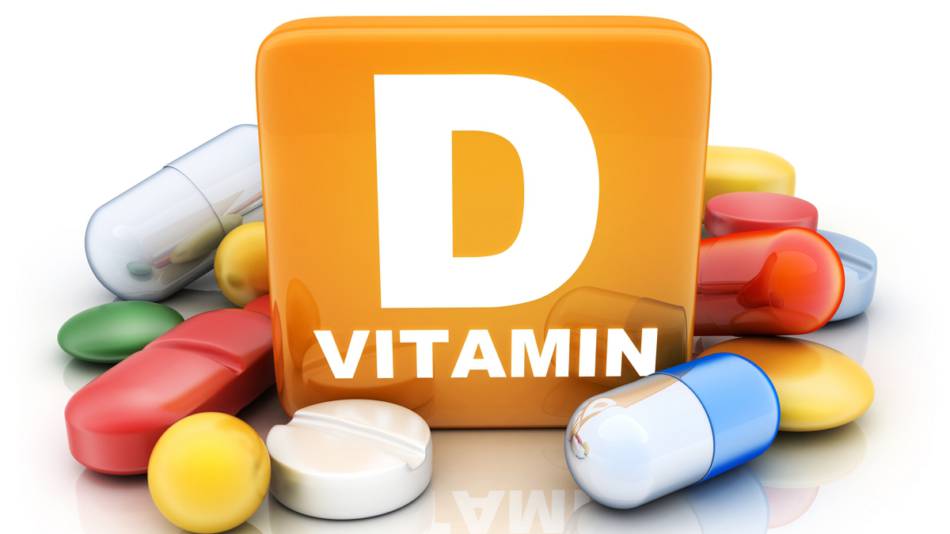Unveiling the Impact of Vitamin D Deficiency: Symptoms, Causes, and Prevention
Vitamin D, often
hailed as the 'sunshine vitamin,' is integral to maintaining bone health and
muscle function. Despite its importance, vitamin D deficiency remains a
prevalent issue that can have profound negative effects on overall health. This
comprehensive guide will delve into the telltale symptoms of vitamin D
deficiency, explore the primary causes, and offer insights into prevention.
Recognizing the Symptoms of Vitamin D Deficiency
A deficit in vitamin D
levels can manifest in various ways, impacting different aspects of health.
Some of the most common symptoms include:
- Persistent Fatigue
and General Weakness: A continuous state of exhaustion that doesn't improve
with rest could signal low vitamin D levels.
- Mood Fluctuations:
Deficiency may lead to depression and anxiety due to the role vitamin D plays
in brain health.
- Increased Lethargy:
An unusual increase in tiredness may be related to insufficient vitamin D.
- Hair Loss: While
often attributed to stress, hair loss can also be a consequence of vitamin D
shortage.
- Weight Gain or
Difficulty Losing Weight: Low levels of vitamin D can interfere with the body's
ability to maintain a healthy weight.
- Muscle Pain:
Unexplained muscle pain could be linked to inadequate vitamin D.
- Bone and Joint Pain:
Vitamin D is crucial for bone health, and a deficiency can lead to discomfort
in bones and joints.
- Weakened Bones: This
can increase the risk of osteoporosis, particularly in older adults.
- Compromised Immune
Function: A healthy immune system relies on vitamin D; a lack of it can lead to
increased susceptibility to infections, especially of the respiratory system.
- Slow Wound Healing:
Post-injury or surgery, slow healing may be a sign of low vitamin D levels.
- Dental Health Issues:
In children especially, vitamin D deficiency can result in poor tooth
formation.
Common Causes Behind Vitamin D Deficiency
Understanding the
causes behind vitamin D deficiency is crucial for prevention and treatment.
Some of the leading causes are:
- Inadequate Nutrition:
A diet lacking in vitamin D-rich foods, such as fortified milk, fish, and eggs,
is a primary cause of deficiency.
- Insufficient Sun
Exposure: Dubbed the 'sunshine vitamin' for a reason, inadequate sunlight can
lead to reduced vitamin D synthesis in the skin. It's recommended to seek safe
sun exposure, ideally before 11 AM or after the afternoon, to bolster vitamin D
levels naturally.
- Poor Absorption:
Certain health conditions can impede the intestine's ability to absorb vitamin
D effectively.
- Obesity: Higher body
fat percentages can affect the amount of vitamin D that the body can use, often
leading to a deficiency.
Boosting Vitamin D Intake Through Nutrition
One of the most
reliable methods to improve vitamin D levels is through diet. Consuming vitamin
D-rich foods is essential. This includes:
- Fatty Fish: Salmon,
mackerel, and tuna are excellent sources of vitamin D.
- Fortified Foods:
Many dairy products, plant-based milks, and cereals are fortified with vitamin
D.
- Eggs: Egg yolks
contain modest amounts of vitamin D, making them a valuable addition to a
balanced diet.
- Mushrooms: Certain
varieties of mushrooms can provide vitamin D, especially when exposed to
sunlight during growth.
The Role of Safe Sun Exposure
The skin synthesizes
vitamin D when exposed to sunlight. However, it's vital to balance sun exposure
to avoid skin damage. The following tips can ensure you get vitamin D from the
sun safely:
- Timing is Everything:
Early morning or late afternoon sun is less intense, making it ideal for
vitamin D synthesis without the risk of sunburn.
- Sun Protection: When
out in the sun for extended periods, it's important to use sunscreen after the
initial 10-15 minutes of sun exposure to protect against harmful UV rays.
Addressing Absorption Issues
For those with medical
conditions that affect nutrient absorption, it may be necessary to:
- Consult with
Healthcare Providers: They can offer guidance on managing conditions like
Crohn's disease or celiac disease that may impair vitamin D absorption.
- Supplementation:
Vitamin D supplements can be a direct method to increase levels, especially
when natural intake is insufficient.
Weight Management and Vitamin D
Obesity can lead to
lower bioavailability of vitamin D in the body. Maintaining a healthy weight
through diet and exercise can help improve vitamin D levels and overall health.
Strategies include:
- Regular Exercise:
Physical activity can help manage weight and can even contribute to natural
vitamin D production through outdoor exercise.
- Balanced Diet: A
diet rich in whole foods and low in processed foods can support weight loss and
improve nutrient intake.
Protecting Children's Health
Children have a high
need for vitamin D for growth and bone development. Ensuring they get adequate
vitamin D can prevent issues



